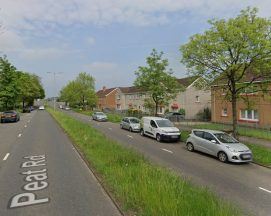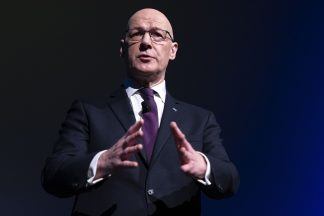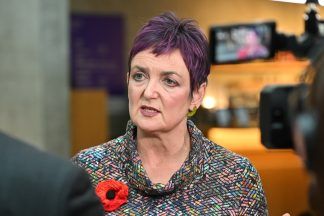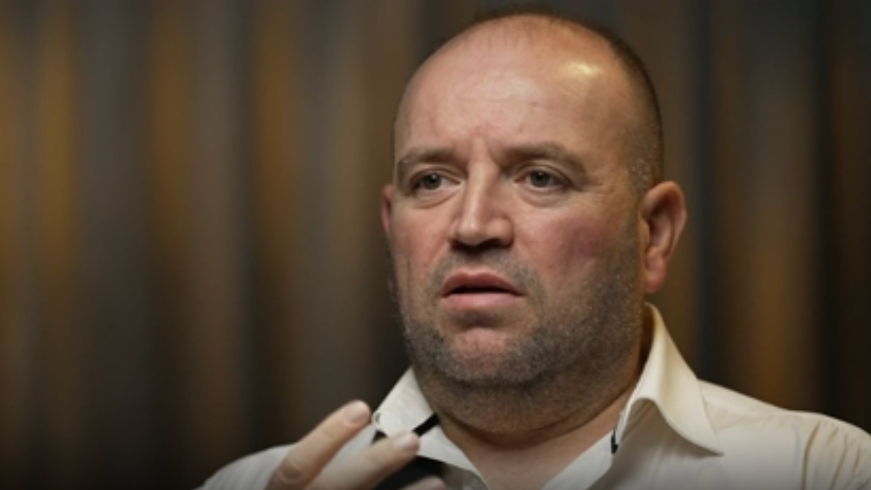A flagship policy intended to prevent the sale of cheap drinks has cost Scottish people about £270m, a report has suggested.
The report titled The Hangover: The cost of minimum alcohol pricing in Scotland, for the Institute of Economic Affairs (IEA), has claimed that the policy has had little positive impact on employment, crime and health.
It also found the policy cost drinkers in Scotland on average £71.12 per head.
Introduced in 2018, minimum pricing had previously been justified based on computer modelling from a team at Sheffield University, the Sheffield Alcohol Policy Model (SAPM).
The Scottish Government said that minimum pricing aimed to reduce alcohol-related harms, including death, crime and unemployment, by raising the price of the cheap, off-trade alcohol purchased in supermarkets and off-licences.
Computer based models from Sheffield University showed that the policy could reduce improvements in health, employment and crime rates.
But the IEA claims this has not been the case.
The think-tank also argues that the policy has been “counter-productive” because it collects extra revenue for alcohol supplies, rather than as a tax.
Christopher Snowdon, a co-author of the report and an economist at the IEA, said: “Our estimate suggests that minimum pricing has cost Scottish drinkers more than a quarter of a billion pounds. Now in its fifth year, minimum pricing is a reminder that politicians are often responsible for the rising cost of living.
“Although alcohol consumption has fallen slightly in Scotland, we find no evidence that this has led to an improvement in health outcomes. Consumers have simply switched from the most affordable alcohol to mid-range brands, to the benefit of alcohol producers and retailers. The policy could be dropped tomorrow without costing the government a penny.”
The Scottish Government has been approached for comment.
Follow STV News on WhatsApp
Scan the QR code on your mobile device for all the latest news from around the country


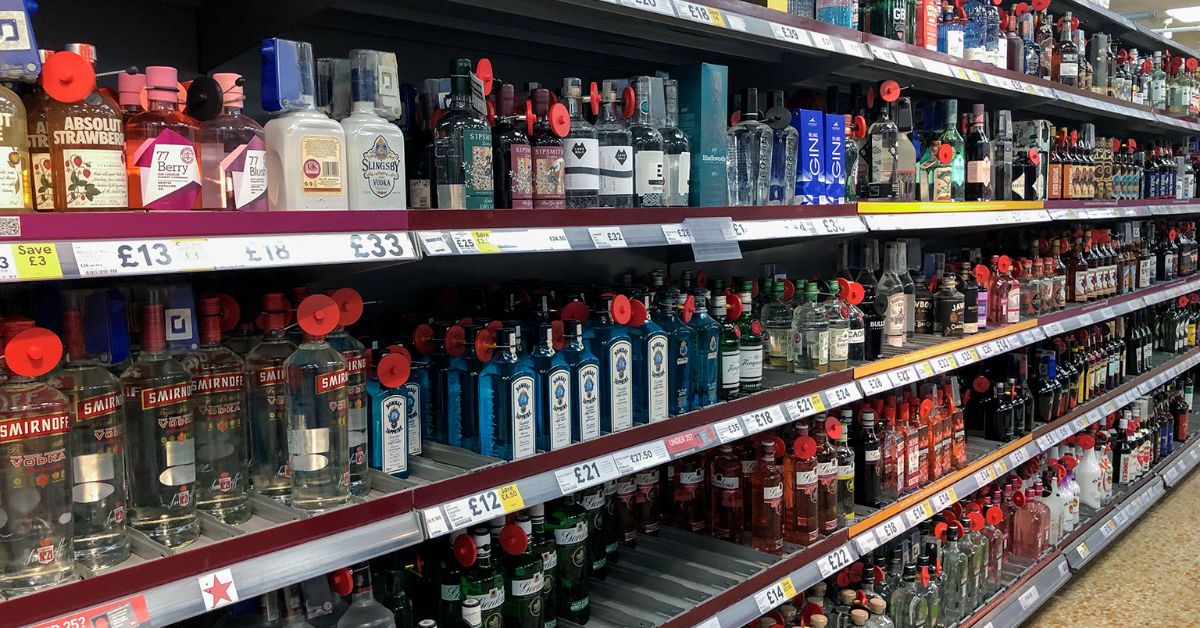 iStock
iStock








